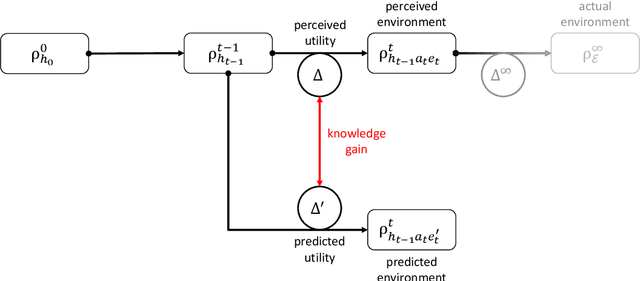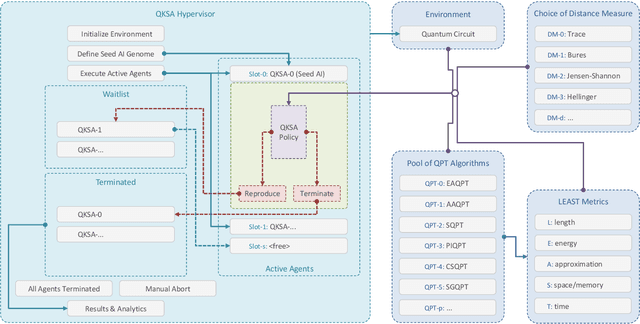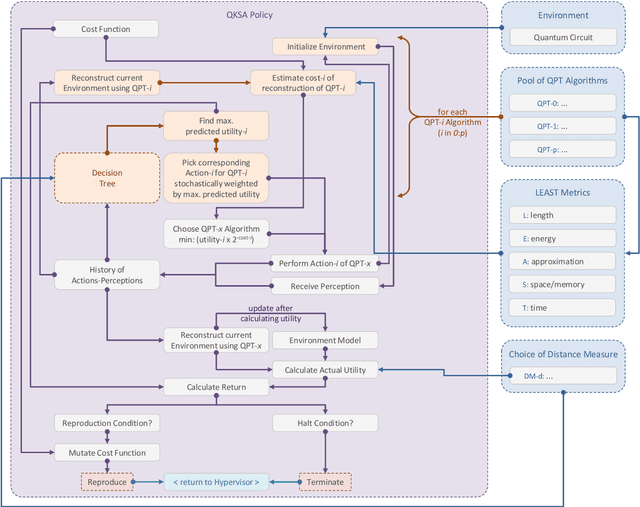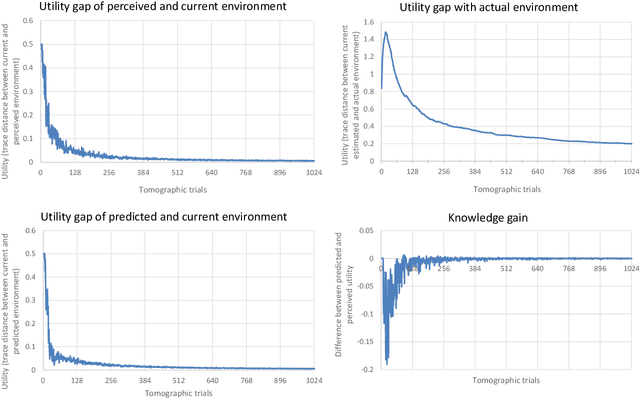Harshitta Gandhi
SLIQ: Quantum Image Similarity Networks on Noisy Quantum Computers
Sep 26, 2023Abstract:Exploration into quantum machine learning has grown tremendously in recent years due to the ability of quantum computers to speed up classical programs. However, these efforts have yet to solve unsupervised similarity detection tasks due to the challenge of porting them to run on quantum computers. To overcome this challenge, we propose SLIQ, the first open-sourced work for resource-efficient quantum similarity detection networks, built with practical and effective quantum learning and variance-reducing algorithms.
MosaiQ: Quantum Generative Adversarial Networks for Image Generation on NISQ Computers
Aug 22, 2023Abstract:Quantum machine learning and vision have come to the fore recently, with hardware advances enabling rapid advancement in the capabilities of quantum machines. Recently, quantum image generation has been explored with many potential advantages over non-quantum techniques; however, previous techniques have suffered from poor quality and robustness. To address these problems, we introduce, MosaiQ, a high-quality quantum image generation GAN framework that can be executed on today's Near-term Intermediate Scale Quantum (NISQ) computers.
QKSA: Quantum Knowledge Seeking Agent -- resource-optimized reinforcement learning using quantum process tomography
Dec 07, 2021



Abstract:In this research, we extend the universal reinforcement learning (URL) agent models of artificial general intelligence to quantum environments. The utility function of a classical exploratory stochastic Knowledge Seeking Agent, KL-KSA, is generalized to distance measures from quantum information theory on density matrices. Quantum process tomography (QPT) algorithms form the tractable subset of programs for modeling environmental dynamics. The optimal QPT policy is selected based on a mutable cost function based on algorithmic complexity as well as computational resource complexity. Instead of Turing machines, we estimate the cost metrics on a high-level language to allow realistic experimentation. The entire agent design is encapsulated in a self-replicating quine which mutates the cost function based on the predictive value of the optimal policy choosing scheme. Thus, multiple agents with pareto-optimal QPT policies evolve using genetic programming, mimicking the development of physical theories each with different resource trade-offs. This formal framework is termed Quantum Knowledge Seeking Agent (QKSA). Despite its importance, few quantum reinforcement learning models exist in contrast to the current thrust in quantum machine learning. QKSA is the first proposal for a framework that resembles the classical URL models. Similar to how AIXI-tl is a resource-bounded active version of Solomonoff universal induction, QKSA is a resource-bounded participatory observer framework to the recently proposed algorithmic information-based reconstruction of quantum mechanics. QKSA can be applied for simulating and studying aspects of quantum information theory. Specifically, we demonstrate that it can be used to accelerate quantum variational algorithms which include tomographic reconstruction as its integral subroutine.
 Add to Chrome
Add to Chrome Add to Firefox
Add to Firefox Add to Edge
Add to Edge